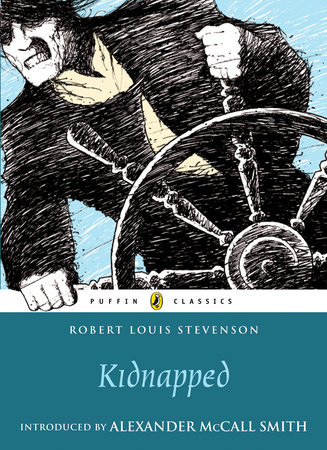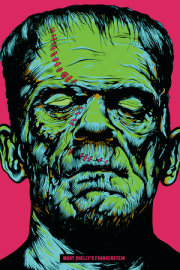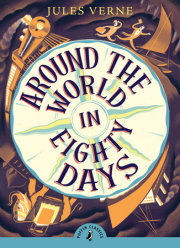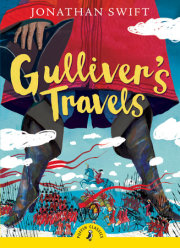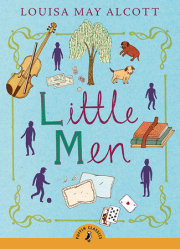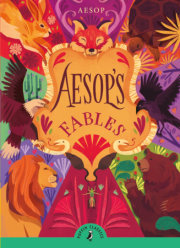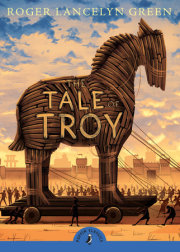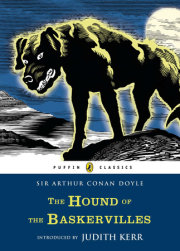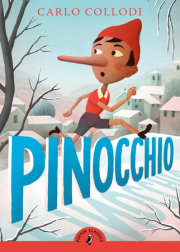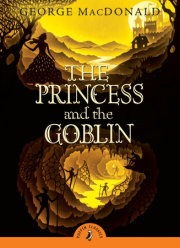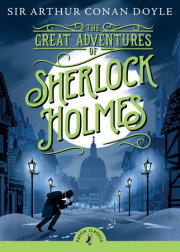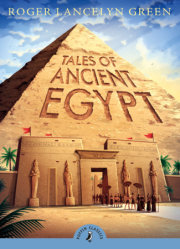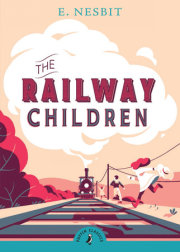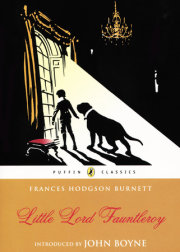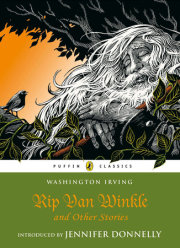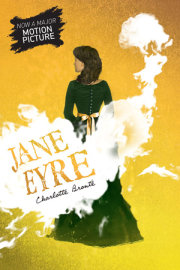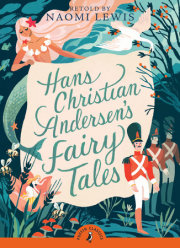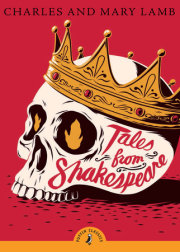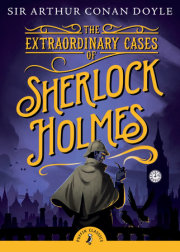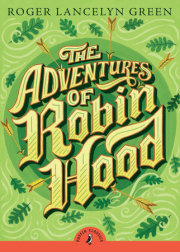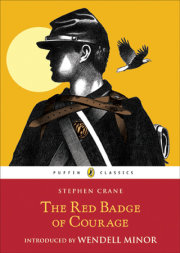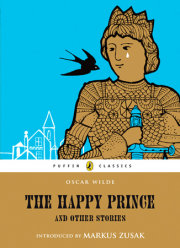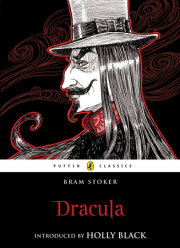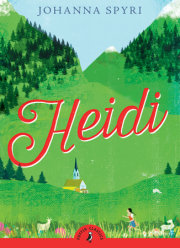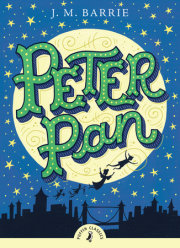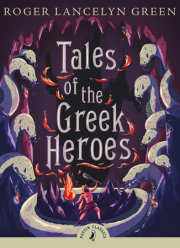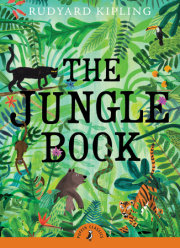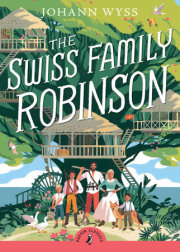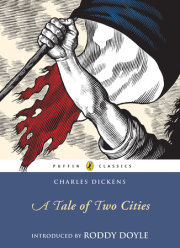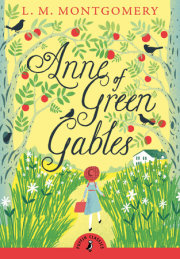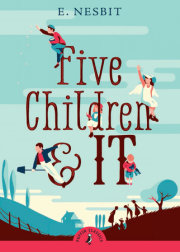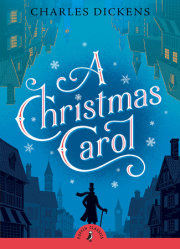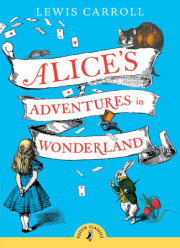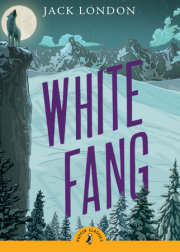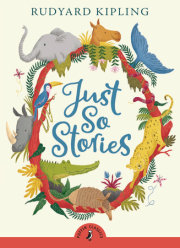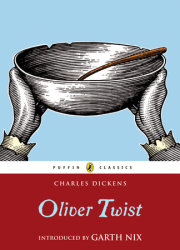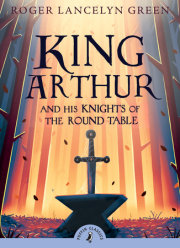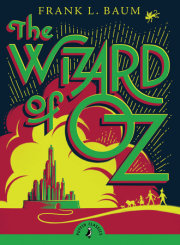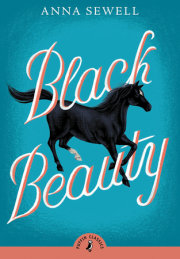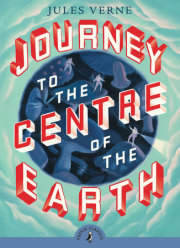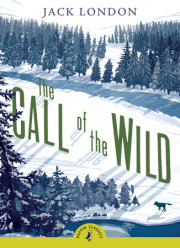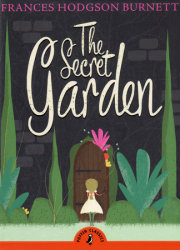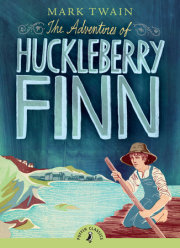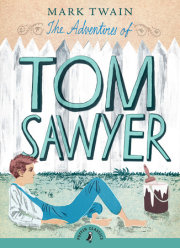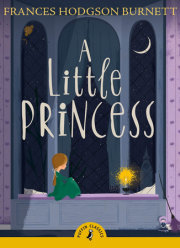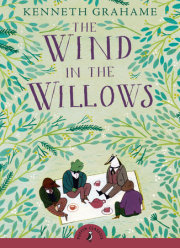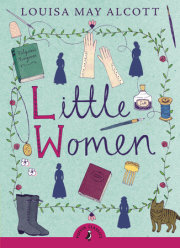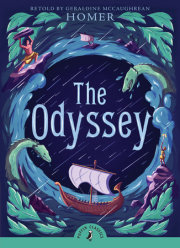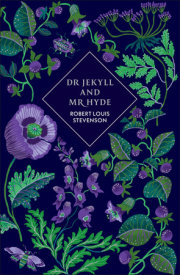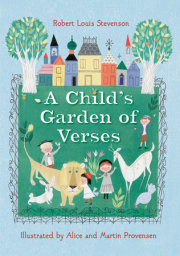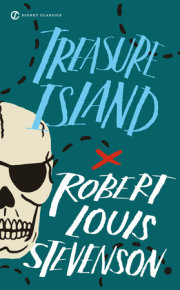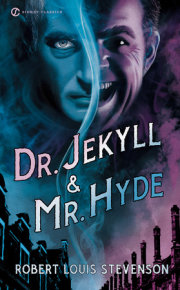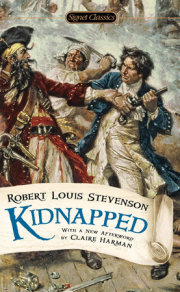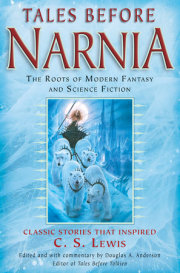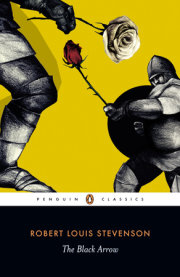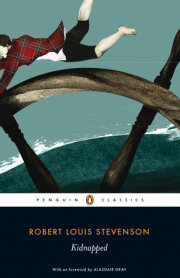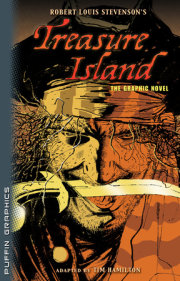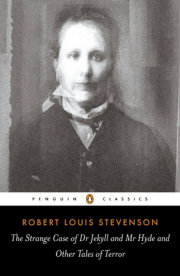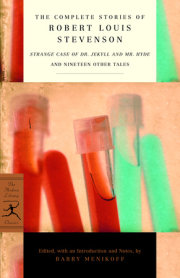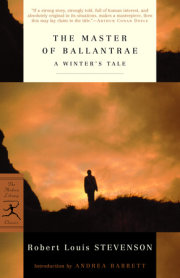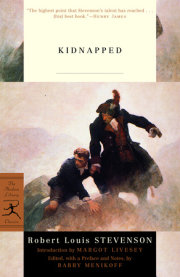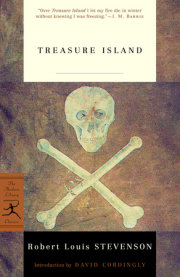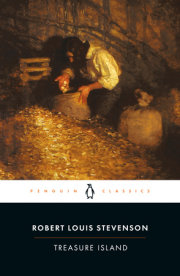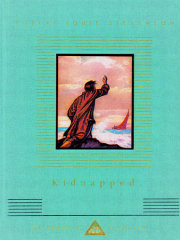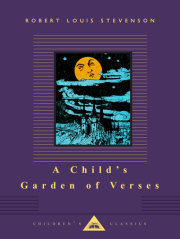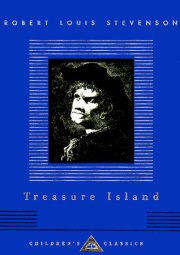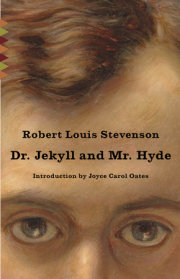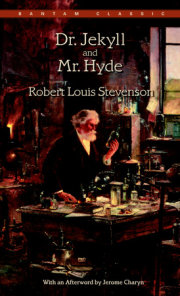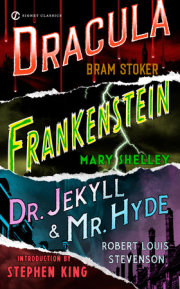Introduction by Margot Livesey
I.
When I was growing up in Scotland, Robert Louis Stevenson was the first author whom I knew by name, and he remains the only one whom I can truthfully claim to have been reading all my life. From an early age, my parents read to me from
A Child's Garden of Verses, and I soon learned some of the poems by heart.
I have a little shadow
that goes in and out with me,
And what can be the use of him
is more than I can see.
Perhaps I recognized, even then, Stevenson's unique gift for keeping a foot in two camps. While the poems vividly captured my childish concerns, somewhere in the margins shimmered the mystery of adult life. A few years later
Kidnapped was the first chapter book I read, and I can still picture the maroon binding and the black-and-white drawings that illustrated David Balfour's adventures. At the age of seven, a book without pictures would have been out of the question, but, in fact, they turned out to be superfluous. I could imagine everything that happened just from the words on the page, although I must admit to the small advantage that the view from my bedroom window--bare hills, rocks, heather--was very much like the landscape of
Kidnapped.
At first glance such early acquaintance might seem like a good omen for an author's reputation. In actuality, that Stevenson is so widely read by children has tended to make him seem like an author from who, as adults, we have little to learn. It is worth noting that his contemporaries would not have shared this prejudice. Nineteenth-century readers did not regard children's books as separate species. Stevenson's own father often reread
The Parent's Assistant, a volume of children's stories, and Leslie Stephen, Virginia Woolf's father, writes of staying up late to finish
Treasure Island.
Like the shadow of his poem, Stevenson's reputation has waxed and waned at an alarming rate. He died in a blaze of hagiography, which perhaps in part explains the fury of later critics. F.R. Leavis in
The Great Tradition dismisses
Stevenson (in a footnote, no less) as a romantic writer, guilty of fine writing, and in general Stevenson has not fared as well as his friend Henry James. People comment with amazement that Borges and Nabokov praised his novels. Still, his best work has remained in print for over a hundred years, and his is among that small group of authors to have given a phrase to the language: Jekyll and Hyde.
Besides our perception of Stevenson as a children's author, two other factors may have contributed to his ambiguous reputation. Although his list of publications is much longer than most people realize--he wrote journalism and travel pieces for money--he failed to produce a recognizable oeuvre, a group of works that stand together, each resonating with the others. In addition, the pendulum of literary taste has swung in a direction that Stevenson disliked and was determined to avoid: namely, pessimism. After reading
The Portrait of a Lady he wrote to James begging him to write no more such books, and while he admired the early work of Thomas Hardy, he hated the darker
Tess of the d'Urbervilles. The English writer John Galsworthy commented memorably on this aspect of Stevenson when he said that the superiority of Stevenson over Hardy was that Stevenson was all life, while Hardy was all death.
Copyright © 2001 by Robert Louis Stevenson. All rights reserved. No part of this excerpt may be reproduced or reprinted without permission in writing from the publisher.

